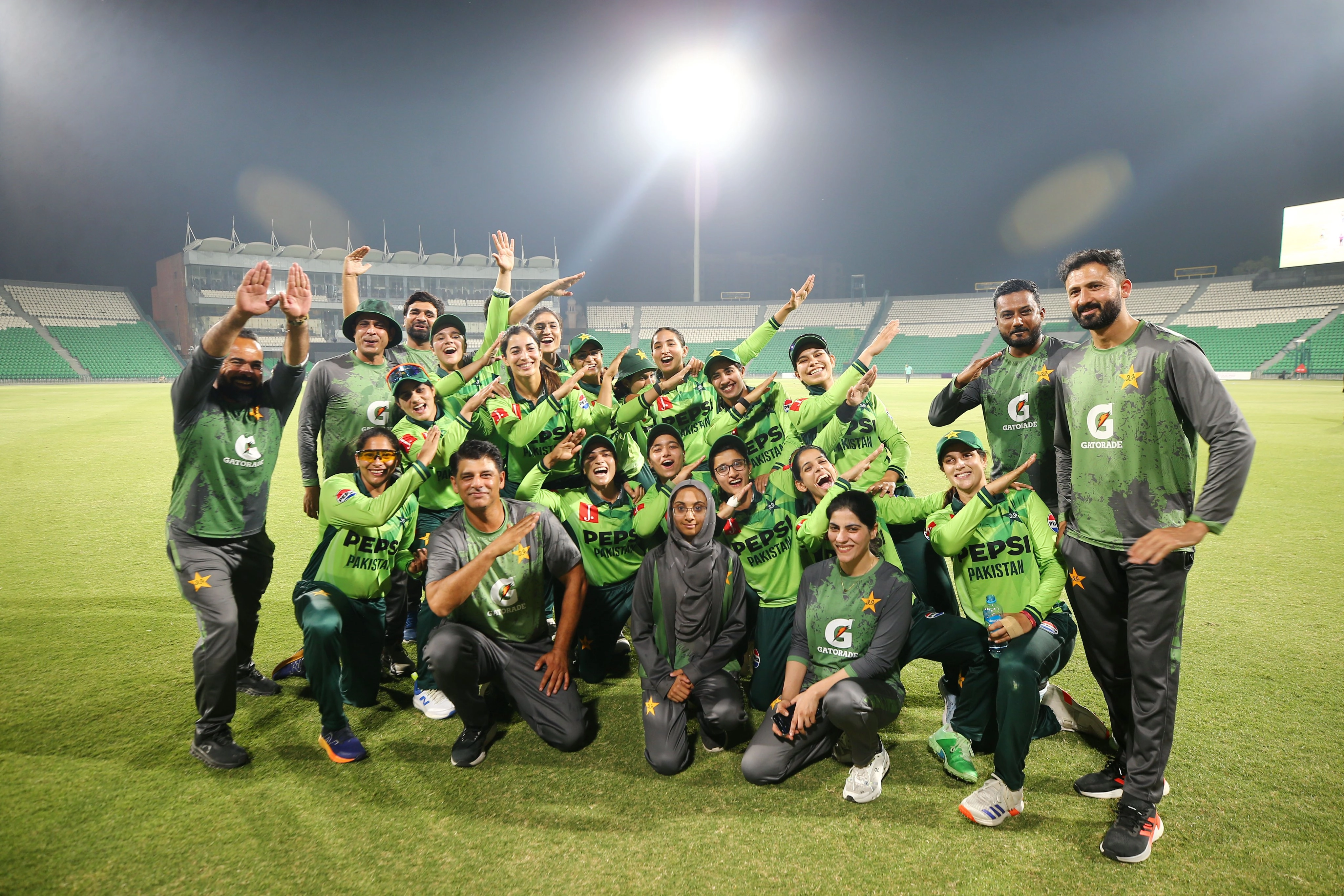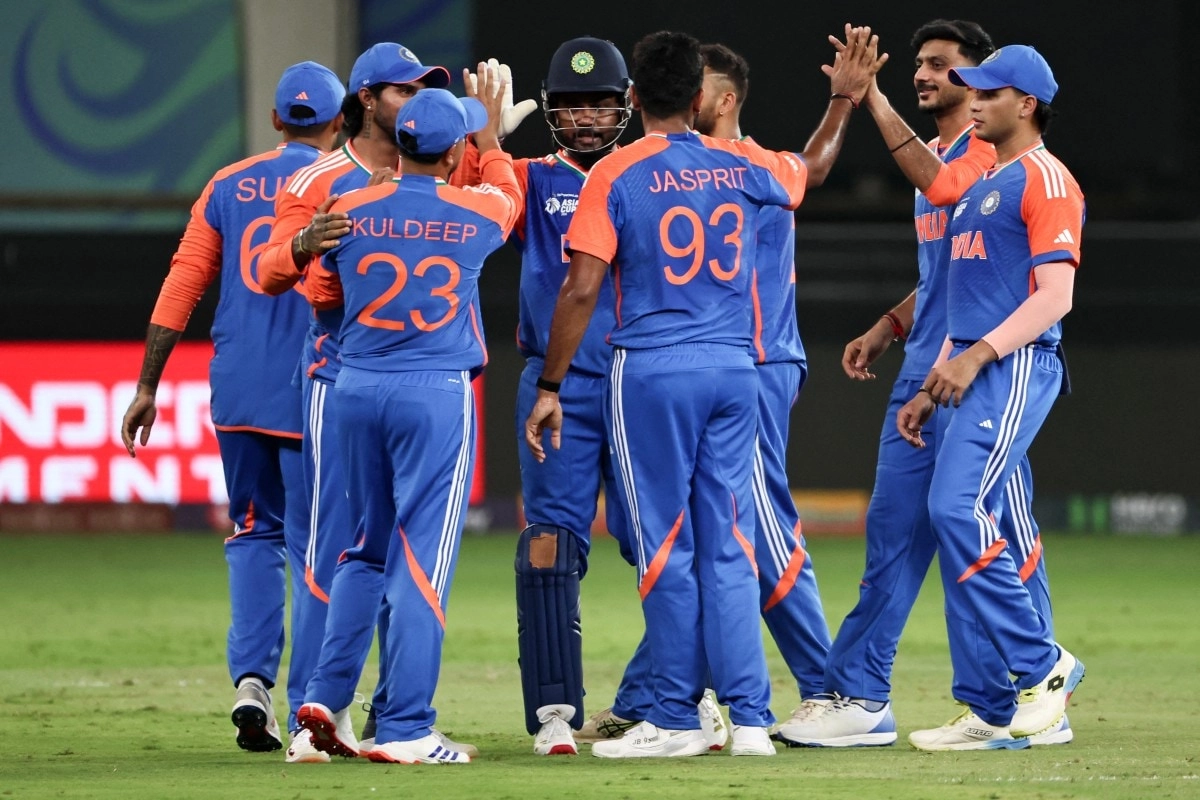In a significant diplomatic development, Pakistan has announced its refusal to participate in the upcoming Women’s World Cup 2025, which is set to take place in India. This decision is largely viewed as a tit-for-tat response to the ongoing tensions between the two neighboring nations. The reluctance of Pakistan to travel for the tournament underscores the strained relationship that has historically characterized interactions between the two countries, particularly in the realm of sports. This refusal not only affects the sporting landscape but also reflects broader geopolitical dynamics that have influenced bilateral relations over the years.
The Women’s World Cup, an event that garners international attention and celebrates women’s sports, was expected to feature talented athletes from around the globe, including Pakistan’s own women’s cricket team. However, the decision to withdraw raises questions about the future of women’s sports in the region and the potential impact on players who have trained rigorously for such prestigious competitions. Many athletes, coaches, and supporters are left disappointed, as participation in such events is not only an opportunity for showcasing talent but also for fostering goodwill and camaraderie among nations.
Furthermore, this development may have implications beyond the realm of cricket. The refusal to travel for the Women’s World Cup could set a precedent affecting future sporting events, as countries may adopt similar stances in response to political disagreements. The interplay between sports and international relations is a complex one, and incidents like this highlight how deeply intertwined these two spheres can become. As the world watches, the question remains whether diplomatic channels can be reopened to facilitate participation in future events, allowing sports to serve as a bridge rather than a barrier between nations.




